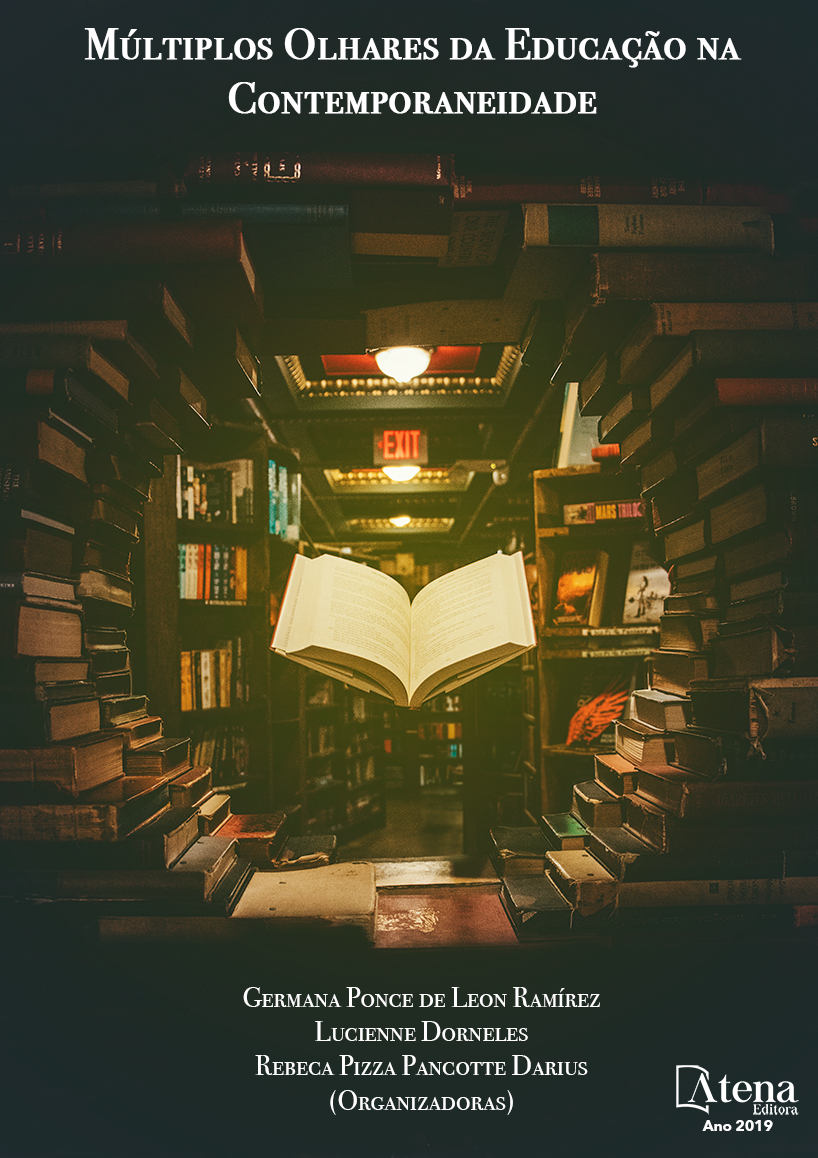
A IMPORTÂNCIA DO LETRAMENTO ESCOLAR PARA A CRIANÇA CEGA: ESTUDO DE CASO
O presente artigo apresenta um
estudo de caso, realizado numa escola de rede
pública da periferia de Conchal no interior de
São Paulo, tendo como sujeito um aluno de
9 anos com deficiência visual, do 4° ano do
ensino fundamental e abordará a intervenção
pedagógica realizada pela professora da sala
de recursos. Para a coleta de dados foram
utilizados: a observação sistemática por meio
de um Diário de Campo e do delineamento
do desenvolvimento escolar do Sujeito
com entrevista aplicada a professora da
sala de recurso. Para a realização de uma
análise detalhada dos dados coletados na
entrevista através do roteiro, foram utilizadas
as contribuições de Bardin, (1997). Ao final
dessa pesquisa, pode-se constatar que com
o empenho do professor e o apoio da escola,
frente à falta de incentivos governamentais, é
foi possível observar resultados positivos no
letramento e alfabetização da criança cega em
Braille, pois foi observado em muitos contextos
o que vem impedindo o desenvolvimento
escolar dos alunos com cegueira, não são
os limites impostos pela falta de visão em
sim, a falta de conhecimento do professor
com relação ao domínio do braile e recurso
pedagógicos para o ensino da criança cega
ou com baixa visão, levando em conta o fator
motivacional do professor frente ao processo
ensino aprendizagem do aluno e sua relação de
interação e afetividade com o educando.
A IMPORTÂNCIA DO LETRAMENTO ESCOLAR PARA A CRIANÇA CEGA: ESTUDO DE CASO
-
DOI: 10.22533/at.ed.54519180714
-
Palavras-chave: Deficiência Visual; Letramento; Alfabetização em Braile.
-
Keywords: Visual Impairment; Literature; Literacy in Braille.
-
Abstract:
This article presents a case
study, carried out at the Conchal public school
in the outskirts of São Paulo, with a 9 year
old pupil with visual impairment, from the 4th
year of elementary school, and will address a
pedagogical intervention by the professor of
the resource room. For the data collection were
used: systematic observation by means of a
Field Diary and the design of the subject’s school development with interview applied
to the teacher of the resource room. To perform an analysis of the data collected in
the interview through the script, were used as supports of Bardin, (1997).At the end of
this research, it can be seen that with the teacher’s commitment and the support of the
school, in the face of the lack of incentives to governors, positive results are positive in
the literacy and literacy of the child in Braille, since it was observed in many contexts
that has been impeding the school development of students with disabilities, a lack
of knowledge about the problem of teaching, the lack of knowledge of the teacher in
relation to the Braille domain and the pedagogical resources for teaching the child with
or without vision in contact with the teacher motivate attention to teaching the student’s
learning and their relationship of interaction and affectivity with the learner.
-
Número de páginas: 15
- Fernanda Coraini
- Natalina Lopes Fernandes Tavares
- Willer Ferreira de Oliveira
- Keyla Ferrari Lopes
- Bruno


